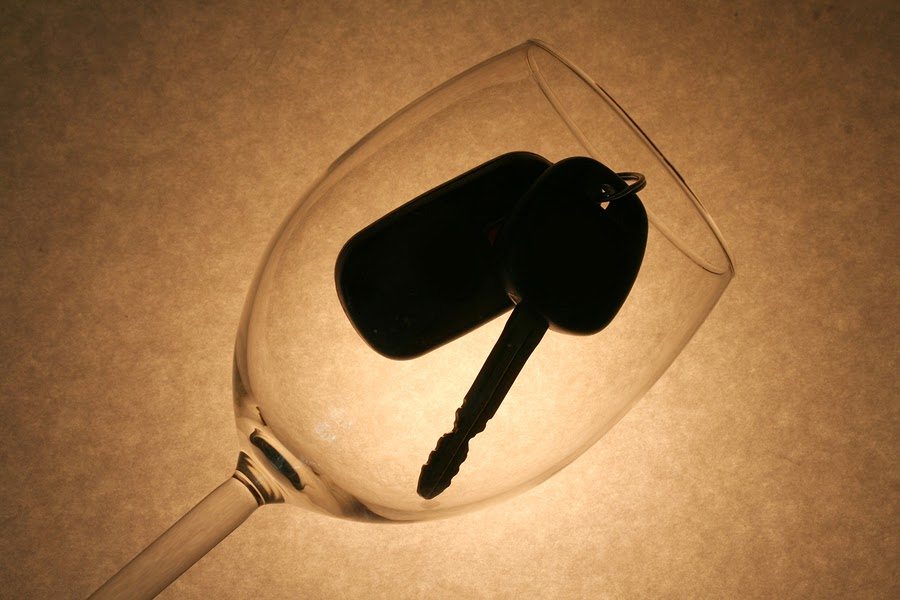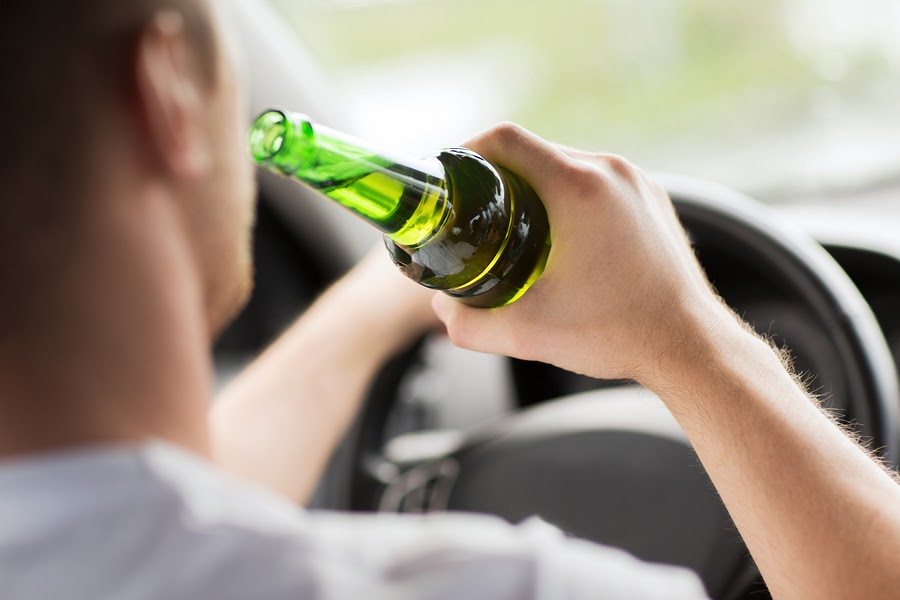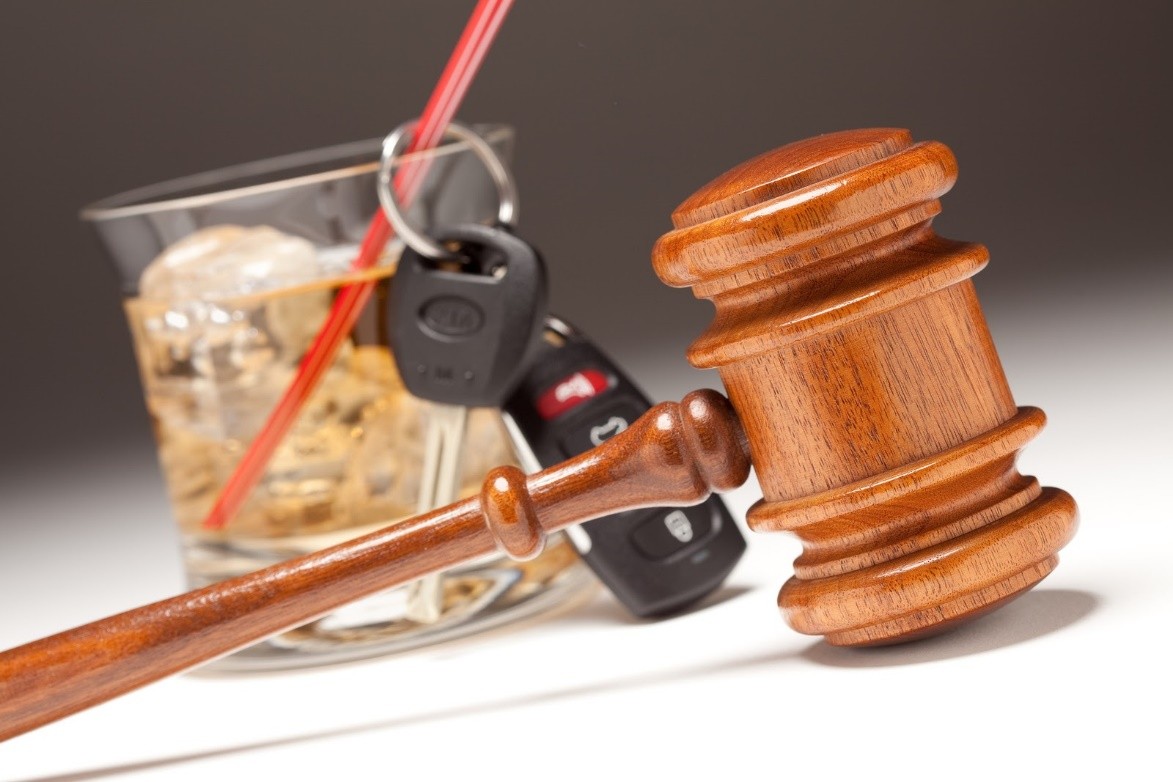New York has some strange names for its drunk driving and drugged driving offenses. While most people may simply call it “DUI” or “DWI” based on what they’ve seen in movies and on TV, there are actually very specific names that deal with different legal situations, and refer to charges under different sections of the NY Vehicle and Traffic Law.
If you or a loved one was charged with a crime of drunk driving or drugged driving, talk to an attorney right away. You could face strong penalties, license suspensions, and even jail time. The Queens DUI and DWI attorneys at Sullivan and Galleshaw defend drivers against these and other criminal and traffic charges. Talk to one of our attorneys today to set up a free consultation.
Drunk and Drugged Driving in New York
First of all, “driving under the influence” (DUI) does not actually appear in New York’s laws. NY Vehicle and Traffic Law § 1192 is called “Operating a motor vehicle while under the influence of alcohol or drugs,” which includes most of the drunk and drugged driving statutes.
In general, the term that New York chose for its laws is “driving while intoxicated” (DWI). There are multiple levels of DWI, based on how intoxicated you are, and other factors. More specifically, DWI laws in NY focus on the driver’s “impairment” and “intoxication” levels. For this reason, most DWI laws are actually called “driving while ability impaired” (DWAI).
The following is a general breakdown of some of the common offenses under § 1192 and § 1192-a. Note that some of these refer to a “BAC,” which is a “blood alcohol concentration.” This measures the amount of alcohol in your blood. The following are the different DWI offenses:
- DWAI/Alcohol – If your BAC is between .05% and .07%, or you are otherwise “impaired” but not “intoxicated,” you violate § 1192(1).
- DWI – Regardless of your BAC, if you are “intoxicated,” you violated § 1192(3).
- DWI; per se – If your BAC is at least .08%, you violate § 1192(2).
- Aggravated DWI – If your BAC is at least .18%, you violated § 1192(2-a)(a).
- DWAI/Drug – If your driving is impaired because of a single drug, you violate § 1192(4).
- DWAI/Combination – If your driving is impaired because of a combination of drugs or a combination of alcohol and drug(s), you violate § 1192(4-a).
- Underage DWI – If you are under the age of 21 and your BAC is between .02% and .07%, you violate § 1192-a.

If these laws seem confusing, that’s because they are. These laws do not specify what the difference between “impaired” and “intoxicated” is. These laws allow DWI charges for people with a BAC under the “legal limit” of .08% with no guidelines. These laws even fail to include what happens for DWAI or underage DWI with a BAC between .07% and .08% (such as .075%). Along with the many names this offense can have, DWI law in New York is extremely confusing for police, prosecutors, and drivers. This can lead to charging inappropriate offenses. Talk to an attorney to see whether your DWI case was charged correctly and what your defenses might be.
Penalties for DUI and DWI in New York
New York’s DWI penalties are quite harsh for each level of offense. In general, the following penalties could apply for a first-time offense for the following:
- A DWAI-Alcohol charge can yield a $300-$500 fine, 15 days in jail, and a 90-day license revocation.
- A DWI charge (per se or otherwise) can yield a $500-$1,000 fine, one year in jail, and at least six-months license revocation.
- An aggravated DWI charge can yield a $1,000-$2,500 fine, one year in jail, and at least one year license revocation.
- A DWAI/Drug charge can yield a $500-$1,000 fine, one year in jail, and at least six-months license revocation.
- ADWAI/Combination has the same penalties as a DWAI/Drug.
- An underage DWI charge can yield a $125 fine and a six-month license suspension

Second, third and further offenses within 10 years may increase the penalties, and may actually turn the offense into a crime. That can mean further fines, a prison sentence, and longer license revocations. For instance, committing a second DWI within 10 years is a class E felony, punishable by a $1,000-$5,000 fine and four years in prison. A third offense in 10 years is a class D felony with $2,000-$10,000 in fines and seven years in prison.
Since your license is “revoked” as a penalty for many of these offenses (rather than “suspended), you may need to pay fees and satisfy other requirements to get your license back. Talk to a lawyer to fully understand your charges, their potential penalties, and what legal options you have.
Queens DWI Attorneys
If you or a loved one has been arrested and charged with a drunk or drugged driving in Queens, like DWI or DWAI, talk to a New York defense attorney. The Queens criminal defense attorneys at Sullivan and Galleshaw fight to get cases dropped and charges dismissed. Call (800) 730-0135 today to set up a free consultation with one of our attorneys.

